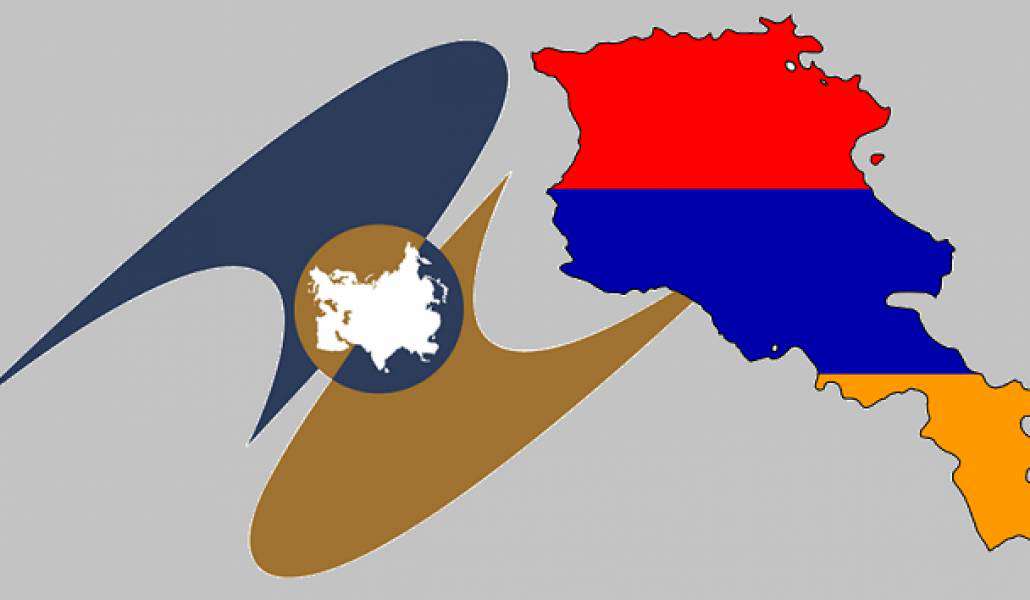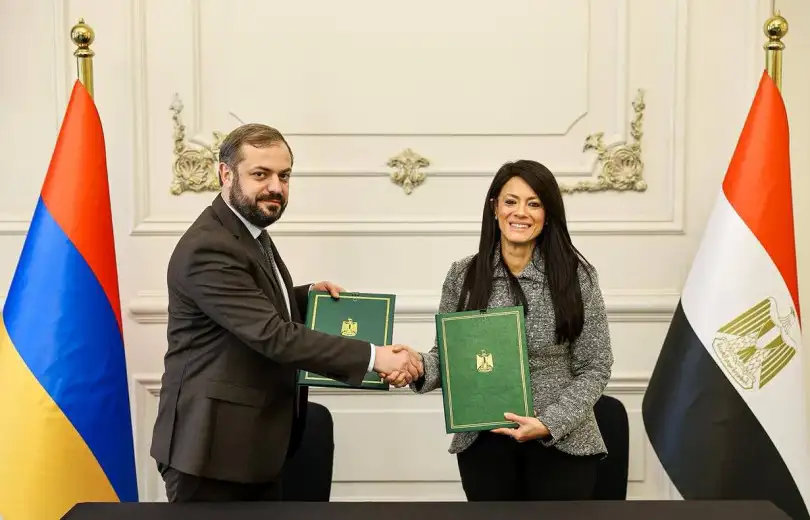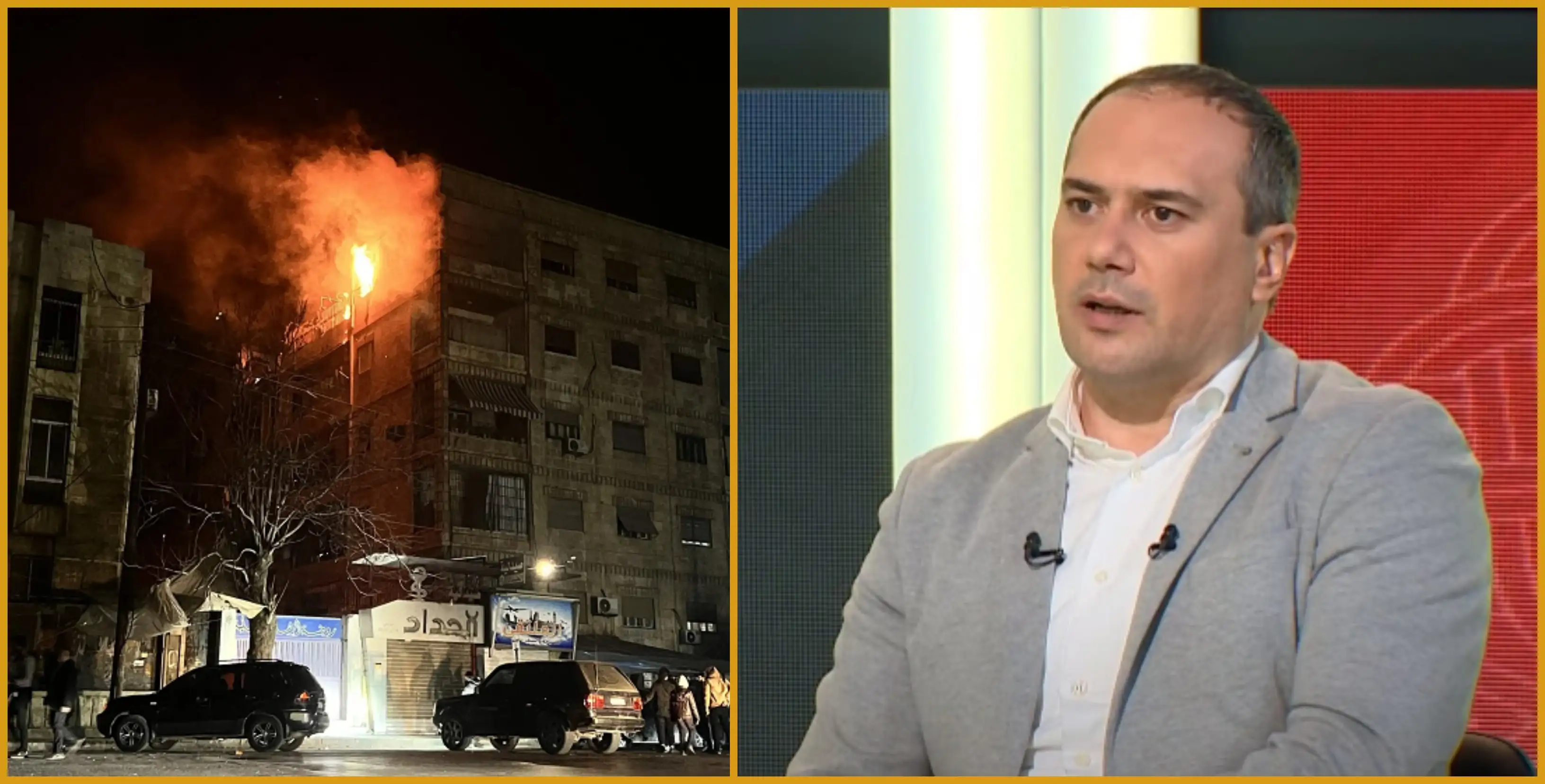On September 3, 2013, Armenia announced its accession to the Customs Union and the Common Economic Area. And on January 2, the membership agreement of Armenia to the Eurasian Economic Union (EEU) came into force. Armenia became a full member of the Eurasian Economic Union with Belarus, Kazakhstan, and Russia.
In a conversation with Radar Armenia, economist Suren Parisyan, referring to that event, noted, "Basically, during one night, Armenia decided to join the Eurasian Economic Union, contrary to the previous claims that we are moving towards EU European integration."
The economist noted that Armenia's membership in the Eurasian Economic Union had more of a political connotation than an economic one, considering that Armenia had free trade agreements with the EEA countries within the framework of bilateral trade in the CIS. The EEA enables the free movement of goods, capital, and labor; the union is a powerful economic union. And, taking into account Armenia's small economic opportunities in the market, Armenia was also able to benefit from certain privileges through EEU mechanisms," he emphasized.
As an achievement, the economist reminded how Armenia signed a free trade agreement with Iran within the EEU framework in 2019; Armenia had been negotiating with Iran for years to have that agreement.
According to him, there are similar agreements with Vietnam, Serbia, China, and negotiations are underway with Egypt, Israel, and South Korea. "EEU has been an opportunity for Armenia to access new economic mechanisms, but it should be noted with regret that Armenia has not taken advantage of these opportunities. It should also be asserted that, by joining the EEU, Armenia has not lost opportunities for free trade with the USA, the EU, Canada, and Japan."
According to the economist, the EAEU is the primary export market for Armenia, and it is no coincidence that during this year, exports to the EAEU countries have registered a sharp increase, especially to Russia by 50%, and twice as much to Belarus. And the EU and China are the main export markets for raw materials. And we win in terms of exporting to the Eurasian Economic Union.
Parsyan also mentioned that due to the Russian-Ukrainian conflict, Armenia had received additional opportunities because Russia could not export several essential technological products. Armenia can provide this opportunity by selling products locally. Still, the potential supplied by the EEU is not fully used.
According to the economist, Armenia should continue to integrate into various structures as a bridge and an opportunity while maintaining the free trade agreement within the EEU framework and remaining an EEU member state.
Hayk Magoyan




















